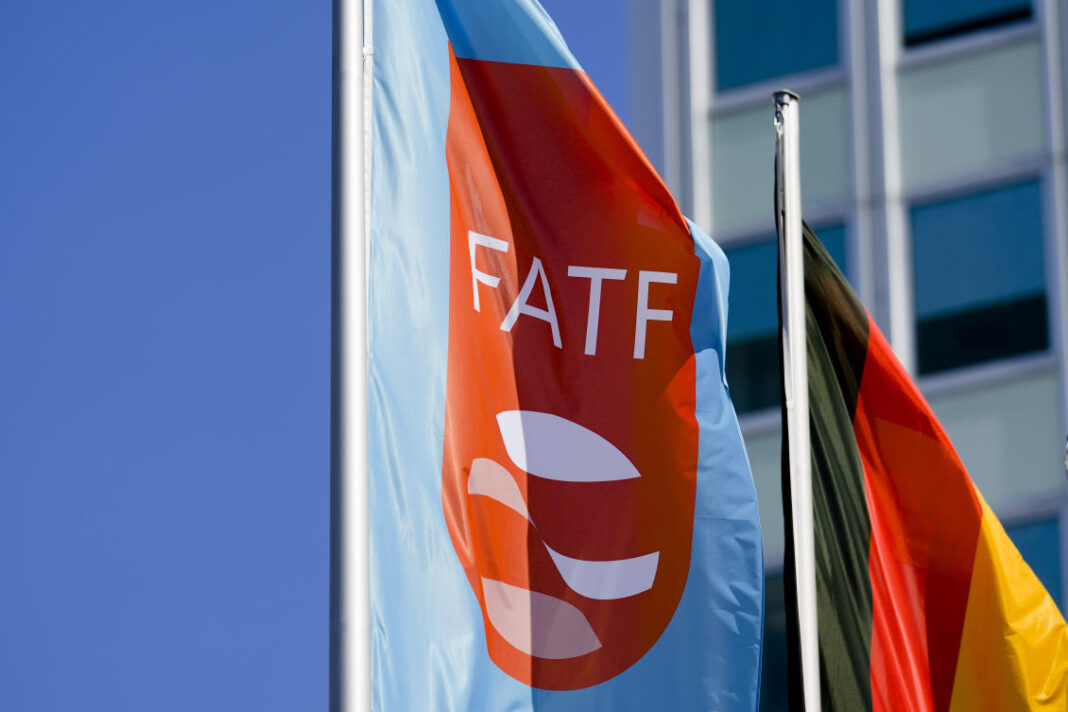ISLAMABAD: An international watchdog said Friday it will keep Pakistan on a so-called “gray list” of countries that do not take full measures to combat money-laundering and terror financing.
It raised hopes that its removal would follow an upcoming visit to the country to determine its progress.
The announcement by Marcus Pleyer, the president of the Financial Action Task Force (FATF), was a blow to Pakistan’s newly elected government, which believes that it has mostly complied with the organization’s tasks set for Islamabad.
Pleyer said an onsite inspection by FATF in Pakistan would be done before October, and that a formal announcement on Pakistan’s removal would follow.
He said FATF is praising Pakistan for implementing the organization’s action plans — a clear indication that Pakistan is moving closer to getting off the “gray list.”
The Paris-based group added Pakistan to the list in 2018. The “gray list” is composed of countries with a high risk of money laundering and terrorism financing but which have formally committed to working with the task force to make changes.
At the time, the south Asian country avoided being put on the organization’s “black list” of countries that do not take adequate measures to halt money laundering and terror financing but also have not committed to working with the FATF. The designation severely restricts a country’s international borrowing capabilities.
Still, being on the Paris-based international watchdog’s “gray list” can scare away investors and creditors, hurting exports, output and consumption. It also can make global banks wary of doing business with a country.
Pakistan has said it continues to detain suspects involved in terror financing to comply with tasks set by the watchdog.
A Pakistani-based independent think tank, Tabadlab, has estimated that it has cost the country’s economy $38 billion since it was put on the gray list in 2018.
The FATF is made up of 37 member countries, including the United States, and two regional groups, the Gulf Cooperation Council and the European Commission.
Pakistan to stay on terror financing watchdog’s ‘gray list’




